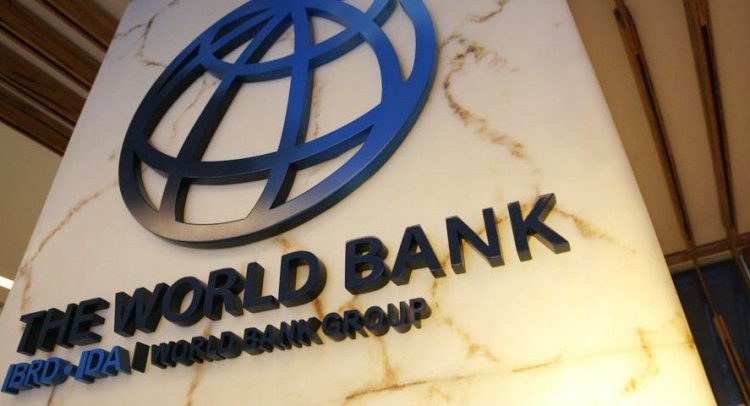$
GOVERNMENT HAS secured a $200 million facility from the World Bank to help transform and diversify the economy through the promotion of private investment in the real sectors.
The facility, which is aimed at implementing an integrated programme, will help boost the country’s competitiveness and deliver sustainable jobs under the Ghana Economic Transformation Project (GETP).
The $200 million funded projects from the International Development Association (IDA) were approved by the World Bank Board of Executive Directors on July 2, 2019.
The GETP will support improvements in the business environment and build capacity for investment attraction and retention as well as spatial development such as Special Economic Zones (SEZs) to address constraints to access industrial land.
The project will also support entrepreneurship and SME growth by strengthening the entrepreneurship support ecosystem, and it will include early-stage financing for growth-oriented entrepreneurs.
Pierre Laporte, World Bank Country Director for Ghana, Liberia and Sierra Leone, said: “This operation directly aligns with government’s strategy and with the World Bank’s Africa regional strategy, which lays out economic transformation as a mechanism to create sustainable and inclusive growth.”
The GETP will support government’s strategy of transforming the Ghanaian economy to achieve inclusive and sustainable growth, with the private sector as the main driver to build the most business-friendly economy in Africa and foster the competitiveness of Ghanaian firms.
“This project applies the World Bank Group Maximizing Finance for Development approach, maximizing the Government of Ghana’s resources and will help ensure that IDA funding leverages and attracts complementary private financing,” said Douglas Pearce, Practice Manager Finance Competitiveness and Innovation Global Practice.
The interventions under the project are complementary to the initiatives of other development partners focusing on the investment climate, skills development, industrial parks, access to finance, agricultural value chains and climate innovation. The interventions under this project will contribute to the World Bank Group’s twin goals by supporting opportunities for business growth and job creation in non-resource-based sectors.
“This is an ambitious private sector project and requires a high level of coordination and ownership to ensure a successful implementation,” Errol Graham, Programme Leader EFI, said.
– Citifmonline


